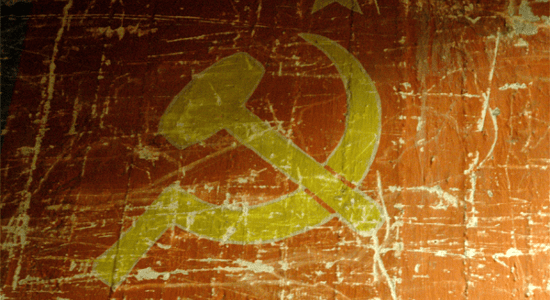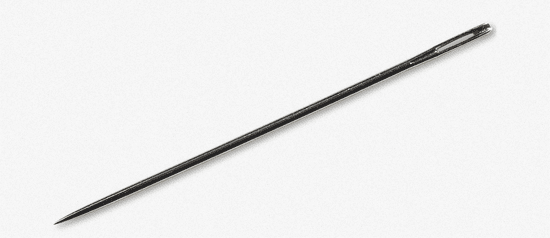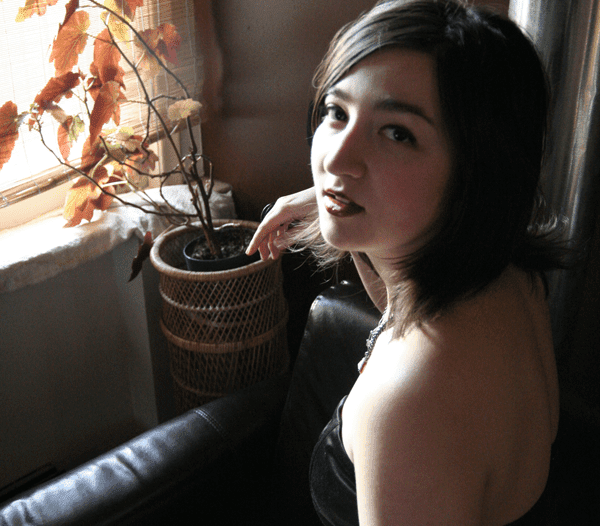Tanks crawling through my city, right there, close, behind the window. I’m on the floor, face down, buried in the carpet my brother took his first steps on. It’s not only scary at twelve, it’s made clear. Don’t look up. Don’t listen to sounds outside. Recite memorized poem about Vladimir Ulyanov. All the statues of Lenin, gold-plated, will have no heads, or worse, in the morning. Dragged by ropes off the pedestal, my history, gold fillings in teeth.
Anya Douglas
Collection
When I was little I had an amusing game of cataloguing ways to die. Some were boring, run-of-the-mill suicides, like hanging, drowning, etc. Some stemmed from ancient torture practices, like being sat naked on a bamboo shoot and dead within a day because of the plant’s incredible growth rate. Ripped apart by horses, one’s arms and legs tied to four of them respectively. Or an icicle dripping on the top of one’s head until they go mad, and then piercing them through as it thaws and detaches. One of the scariest ways for me was from an article I read, not about torture or suicide, but an accident. A needle was once lost in a patient’s bloodstream. It eventually pierced his heart. I would imagine this for hours. It would always be a sewing needle my mom used to mend my socks. It would have a very small eye. A slender silver float coursing through blue rivers intricate as dreams, until it stops at the heart.
Foreign
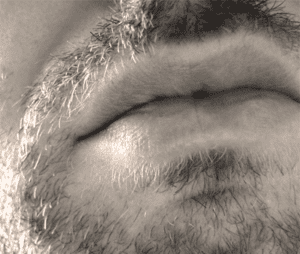
I’ll hold my tongue. Against yours, against all odds, look: open mouth and it pours. Your tongue— stiff, unfamiliar with my language— how it moves around shapes. Little details wander into your life, spread themselves out on the table, buzzing. And this being inside of me, it roars, it cannot be appeased. Tongue turning slowly, ancient machinery, awkwardly forcing muscles into submission. Gears grinding the rust of habit away, shifts that give. All I can feel is this.
Emerging Author of the Month: Anya Douglas
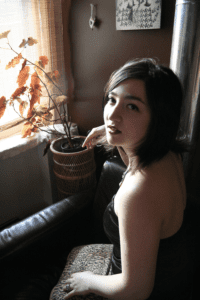
Tell us about yourself.
I am a writer, musician and teacher, currently living in Toronto. I immigrated here in 1996 from Riga, Latvia.
Tell us about the piece you’ve decided to share.
I’m sharing three pieces (poems) from my collection Absences. This is my first full-length collection, and it deals with the ‘homelessness’ of a person trying to fuse together their dual backgrounds, as well as memory, language, writing process, family, and politics/experiences of where I am from.
When and why did you realize you had a passion for writing?
Honestly I can’t remember a time I wasn’t writing. I believe my first piece of writing was a ‘novel’ (up to 13 chapters) when I was 6-years-old about adventures of me and my best friend on a deserted island. I started writing poetry at age 11. After coming to Canada, I wrote poetry in both Russian and English. Also dabbled in playwriting, and translation. My collection is in English, and includes some of my translations of poetry from Russian to English. Writing has stayed with me throughout my life, and even if I have periods when I don’t write a line, I always come back to it.
What pieces of writing/authors have had the greatest impact on you?
In terms of poetry, I was influenced by Akhmatova and Tsvetaeva in my childhood. In adolescence it was Russian futurism, Khlebnikov and Mayakovsky, among others. English-language poetry, I am inspired by Anne Carson, Gwendolyn MacEwen, Eliot, Cohen, Pound, and many more, as well as some contemporary young poets, my friend Jacob Scheier in particular. Novelists, lyricists and artists are an influence and inspiration for writing poetry as well.
What kind of writer do you aspire to be?
It might sound not overly sophisticated, but I want my writing to make people feel. As a young adult, I was attracted to form and sound experimentation, but writers who stayed with me most were the ones who were able to make me feel, to affect with their subtlety, novelty, and even minimalism, their always powerful skill with words. I want to strive to be that kind of writer, and incorporate story-telling, as well as image-telling, subtlety and succinctness into my writing to evoke something in the reader, something that perhaps can’t be pinpointed right away.
How and when do you find time to write?
I know it’s about the discipline, but sometimes it is hard to find the time to write consistently. I write best when I have something to say, or am inspired by writing, people, or experience. I hope to hone the discipline, and be continuously inspired, and be vulnerable, in order to write well.

